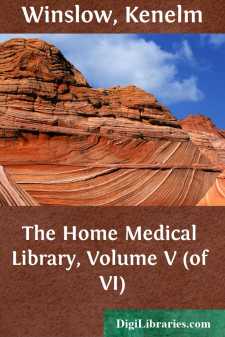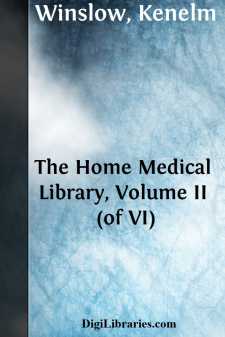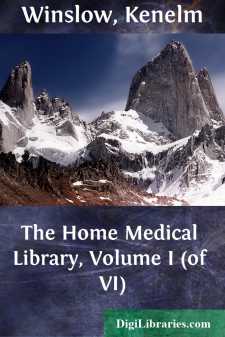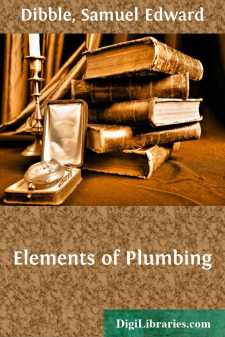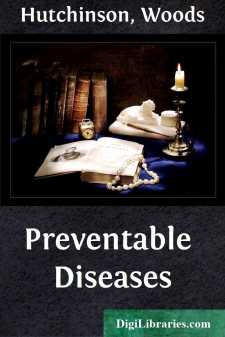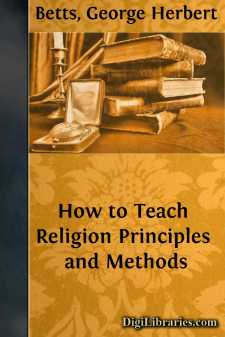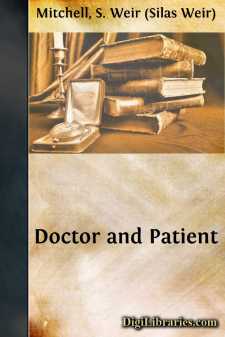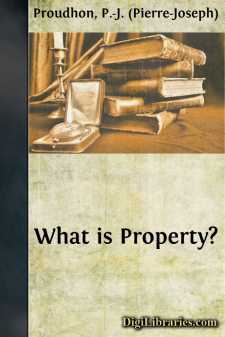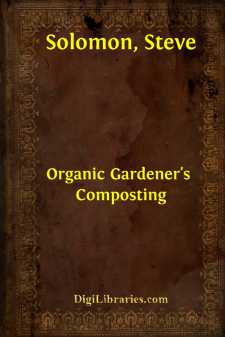Categories
- Antiques & Collectibles 13
- Architecture 36
- Art 48
- Bibles 22
- Biography & Autobiography 813
- Body, Mind & Spirit 142
- Business & Economics 28
- Children's Books 14
- Children's Fiction 11
- Computers 4
- Cooking 94
- Crafts & Hobbies 4
- Drama 346
- Education 46
- Family & Relationships 57
- Fiction 11829
- Games 19
- Gardening 17
- Health & Fitness 34
- History 1377
- House & Home 1
- Humor 147
- Juvenile Fiction 1873
- Juvenile Nonfiction 202
- Language Arts & Disciplines 88
- Law 16
- Literary Collections 686
- Literary Criticism 179
- Mathematics 13
- Medical 41
- Music 40
- Nature 179
- Non-Classifiable 1768
- Performing Arts 7
- Periodicals 1453
- Philosophy 64
- Photography 2
- Poetry 896
- Political Science 203
- Psychology 42
- Reference 154
- Religion 513
- Science 126
- Self-Help 84
- Social Science 81
- Sports & Recreation 34
- Study Aids 3
- Technology & Engineering 59
- Transportation 23
- Travel 463
- True Crime 29
The Home Medical Library, Volume V (of VI)
by: Kenelm Winslow
Description:
Excerpt
The character and scope of this volume render it a most useful book for the home maker. The question of sanitation is one that closely affects the life of each individual, and many of its aspects are treated here in a lucid and comprehensive manner. Designed for wide distribution, these articles have been written to meet the needs of the dweller in the more densely populated communities, as well as those living in the less thickly settled portion of the country.
In large cities the water supply is a problem that is cared for by regularly constituted sanitary authorities. Pure water is a vital necessity, but the inhabitant of a city has no need to personally concern himself with the source of supply. In the country, however, the home builder must often decide the matter for himself, and it is the aim of this book to give him the needed directions for avoiding many errors and pitfalls that abound in this direction.
House construction, with its intricate problems, is also a more serious matter for the country dweller than for his city brother.
In the matter of food supply, the inhabitant of a country district is more fortunate. Fresh vegetables and dairy products are much more easily obtained, and their freshness and purity more dependable.
The article on water supply by Mr. Gerhard is authoritative, written, as it is, by a most eminent sanitarian. The publishers are to be congratulated upon the following valuable contribution to the same subject as regards the use of copper sulphate and the concise presentation of plans for mosquito extermination, while the extended work of Dr. Price and Dr. Baker's "Food Adulteration" are much to be commended. The two latter have been connected with the Department of Health of New York City, and have the advantage of experience in an organization which gives to the citizens of New York the protection to health that the wise use of science, knowledge, and money afford.
I trust that the notes I have added in the light of recent practice of the New York City Department of Health may make this material of the utmost practical value to the householder of to-day.
Through this Department of Health, New York City spent, during 1905, over $1,500,000, and for 1906 it has appropriated over $1,800,000. This vast sum of money is used for the sole purpose of safeguarding its citizens from disease. Sanitation in its varied branches is pursued as an almost exact science, and the efforts of trained minds are constantly employed in combating disease and promoting sanitation.
The cities care for their own, but the greater number of the inhabitants of this country must rely upon their individual efforts. Therefore, any dissemination of knowledge regarding sanitation is most worthy. This book has a useful mission. It is pregnant with helpful suggestions, and I most heartily commend its purpose and its contents.
Thomas Darlington,
President of the Board of Health.
New York City.
Part I
WATER SUPPLY AND
PURIFICATION
BY
WILLIAM PAUL GERHARD
CHAPTER I
The writer was recently engaged to plan and install a water-supply system for a country house which had been erected and completed without any provision whatever having been made for supplying the buildings and grounds with water. The house had all the usual appointments for comfort and ample modern conveniences, but these could be used only with water borrowed from a neighbor. In all parts of the country there are numerous farm buildings which are without a proper water-supply installation....


